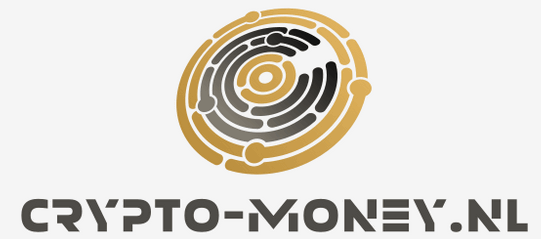The world of cryptocurrency is rapidly evolving, opening new avenues for investment and financial growth. For many in the Muslim community, a crucial question arises: is cryptocurrency halal? Understanding the compatibility of digital currencies with Islamic principles is essential before making any investments. In this comprehensive blog, we will explore what makes a cryptocurrency halal, the ethical guidelines to remember, and how you can confidently invest in a way that aligns with your faith.
Understanding Halal Principles in Cryptocurrency Trading
Sharia law, or Islamic law, governs every aspect of a practicing Muslim’s life, including financial transactions. The concept of "halal," meaning permissible, is central to Islamic finance. Investments and trades must adhere to ethical and moral guidelines, such as the prohibition of riba (interest), gharar (excessive uncertainty), and maysir (gambling or speculation). These frameworks ensure that wealth accumulation supports justice, fairness, and transparency, excluding exploitative practices.
When it comes to cryptocurrencies, questions about their halal status often arise because of their decentralized nature, high volatility, and lack of intrinsic value. Some scholars argue that cryptocurrencies are similar to traditional currencies in function, and if used ethically, can be considered halal. Others express concerns about their speculative aspects and potential use in illegal activities, which could make certain transactions haram (forbidden). Therefore, the intention and method of use become critical in determining whether trading or investing in crypto is permissible.
A key consideration is the purpose and process of the investment. For instance, trading platforms or cryptocurrencies that align with sharia principles—by avoiding prohibited activities, ensuring transparency, and excluding interest-paying mechanisms—are more likely to be regarded as halal. Muslims interested in crypto investments must seek knowledge and consult reliable Islamic scholars or financial experts to ensure their activities comply with religious guidelines.
How to Ensure Your Crypto Investments Are Sharia-Compliant
The first step in making halal crypto investments is due diligence. Research the cryptocurrency’s purpose, underlying technology, and the ethical standards upheld by its developers and community. Avoid cryptocurrencies or projects associated with gambling, adult content, or activities forbidden in Islam. Opt for coins and tokens that support transparent, real-world use cases, and steer clear of those that rely heavily on speculation or have unclear utility.
It’s also important to use trading platforms that offer Sharia-compliant services. Some exchanges have started to provide special accounts or investment products that filter out non-halal assets and transactions involving interest. These platforms often partner with Islamic finance experts to certify their compliance. By choosing these services, you can be more confident that your trades and investments adhere to halal standards, and you will also benefit from clear documentation and guidance.
Lastly, always consult with a trusted Islamic financial advisor before making a significant crypto investment. The field of Islamic fintech is growing, and many professionals now specialize in digital assets and blockchain technology. These experts can help you interpret complex rulings, ensure your portfolio remains sharia-compliant, and inform you about new developments in halal investing. By taking these steps, you can participate in the crypto revolution without compromising your religious values.
Investing in cryptocurrency can be a rewarding endeavor when approached with knowledge, caution, and adherence to Islamic principles. By understanding what makes a crypto investment halal, conducting thorough research, and seeking guidance from qualified experts, you can confidently take advantage of the opportunities digital currencies offer. Whether you’re a beginner or an experienced investor, always prioritize your values and choose platforms and projects that align with your ethics. This way, you contribute to a more inclusive, responsible, and sharia-compliant crypto ecosystem.

